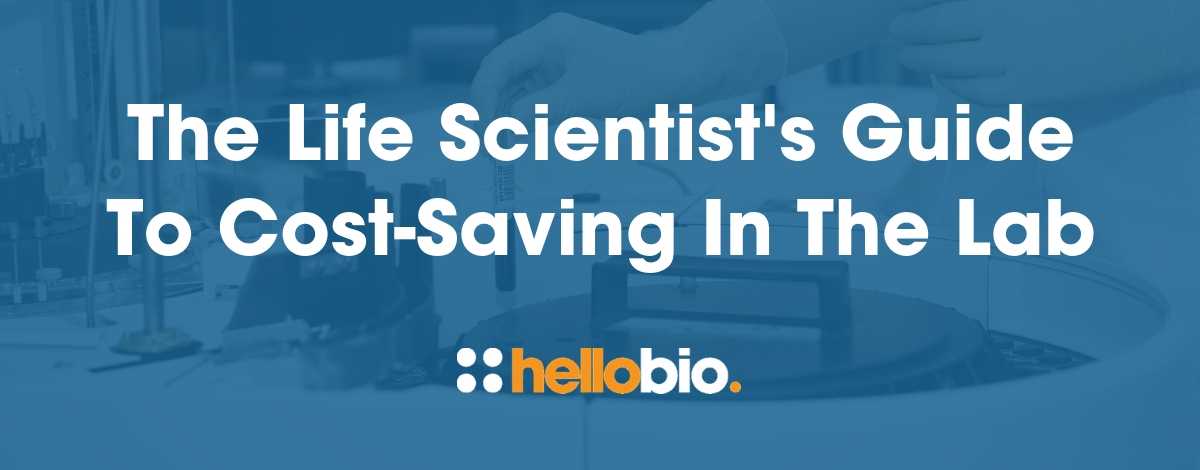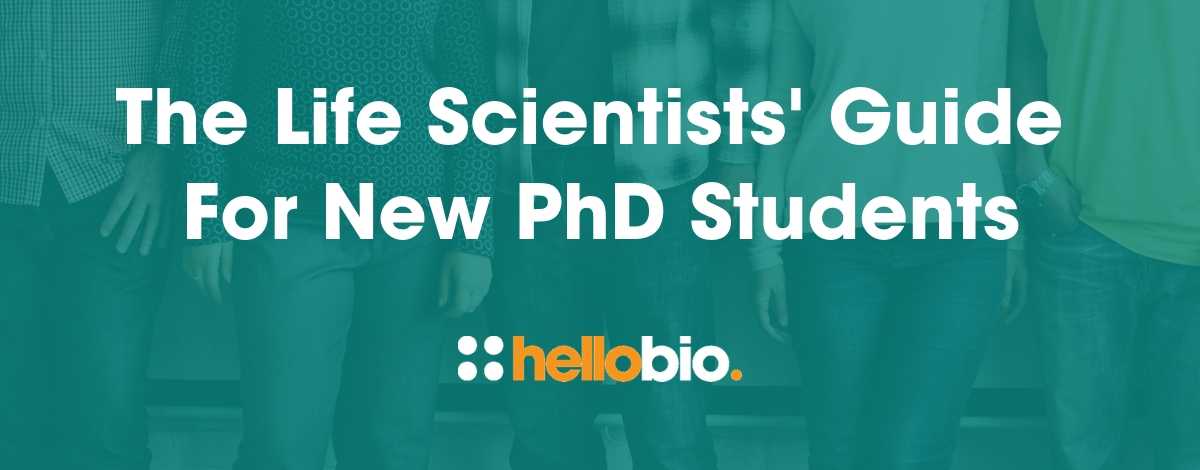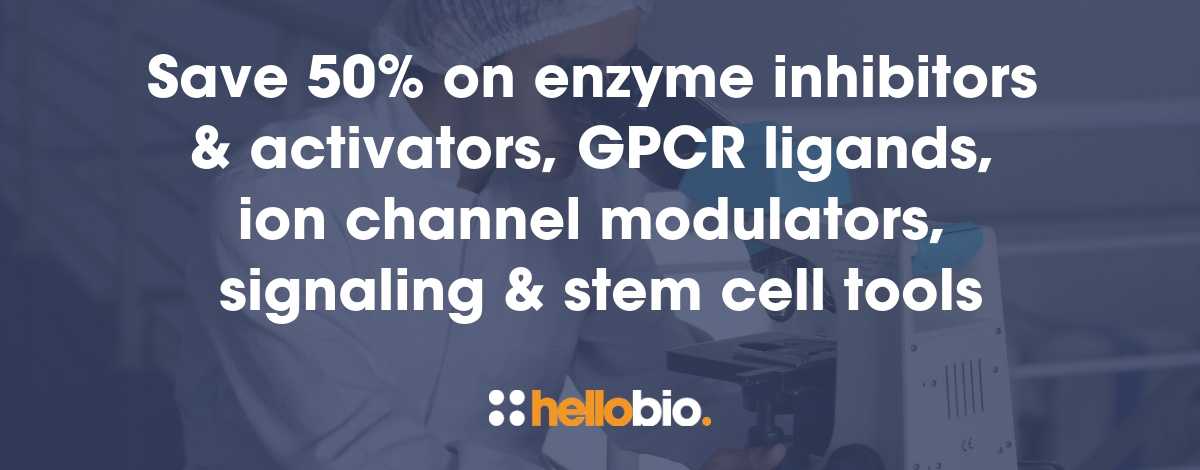Why We Need ‘Credibility in Neuroscience’
Currently, within neuroscience, there's a huge pressure to publish as much research as possible, as quickly as possible, and to make findings as newsworthy as possible.
This means, at present, we’re not always rewarding the best science – science which lays equal value on both positive and negative outcomes, that recognizes the importance of reproducibility or replication, and can be slow to progress. And where research is non-reproducible or non-replicable, we risk:
- Stalling scientific progress
- Being unable to translate research into clinical applications
- Wasting time and money
- Losing public trust in scientific findings
- Creating disillusion of capable and talented early career researchers and losing them from neuroscience
To ensure a sustainable future for 21st century neuroscience research, we must ensure the credibility of research – that it is reproducible, replicable, and reliable.
Why has the British Neuroscience Association (BNA) made ‘Credibility in Neuroscience’ a priority?
As the UK’s largest professional neuroscience organisation, the BNA recognises its responsibility to the neuroscience sector in making sure it maintains and increases credibility in neuroscience in years to come. Whilst other UK organisations are also working to increase research credibility (e.g. the Academy of Medical Sciences, Wellcome, the Research Councils, the UK Reproducibility Network and more), none have the unique centralised position of the BNA between neuroscientists and stakeholders to coordinate actions towards a credible future for UK neuroscience.That’s why the BNA’s trustees have made the vital decision to make ‘Credibility in Neuroscience’ the Association’s core activity over at least the next 5-10 years.
So, what is the BNA doing to support credibility?
Our activities fall into three main areas. Firstly, we’re launching a credibility programme to raise awareness, facilitate discussion and help all neuroscientists stay informed about credibility. We’ll also provide the knowledge and tools required to adopt credible research processes. Thirdly and importantly, we’ll ensure the professional landscape (i.e. the environment in which neuroscientists work) adapts to incorporate and support credible research. At present, we have the following planned from this autumn onwards:
Credibility Roadshow
One of the crucial elements of the programme will be getting out and about UK-wide, to take ‘Credibility in Neuroscience’ to everyone it affects. The ‘Credibility in Neuroscience’ roadshow will do just this: running activities, seminars and workshops to bring neuroscientists together to discuss and implement credibility.
BNA Credibility Manifesto
We’ll be launching our BNA ‘Credibility in Neuroscience’ manifesto at national events, setting out our five commitments to achieve credibility. We’ll be leading the discussion for change by inviting and seeking out opinion-formers, media, funders, universities, politicians and other key stakeholders in the field.
Credibility Toolkit
This will form our how-to of credible research, including how to pre-register your work and submit registered reports, and how to share materials and data. With credible tips and structured examples of how to practically apply credible approaches to neuroscience research, the toolkit’s resources will all be informed, written and verified by our team of experts who sit on our Credibility Advisory Board.
Credibility Website
Here we will post a collection of interviews and articles, as well as our Credibility Toolkit, with important links to open science work in other countries and other fields. We will share events, including our own roadshow, and make sure there are routes to connect and network with others in neuroscience so we can engender a real spirit of support and sharing best practice.
Finally, and most importantly, we want to keep talking to people, collecting views and opinions that will help us develop our activities further, and mean that everyone has a say in what we can do to improve our research landscape. In fact, if you’d like to have your say now, to tell us what you think about credibility in neuroscience and how these issues impact you – visit our ongoing consultation.
______________________________________
Georgina Hazell is Head of Policy and Campaigns at the British Neuroscience Association (BNA). She has also recently been awarded a BBSRC Enterprise Fellowship from the Royal Society of Edinburgh. Prior to this she was a neuroendocrinologist at the University of Bristol, where she spent the last decade working on GPCR signalling and dynamic neuroendocrine systems.
The BNA is the largest UK organisation representing and promoting neuroscience and neuroscientists. To find out more visit: www.bna.org.uk and follow them on Twitter @BritishNeuro
To find out about becoming a member, visit the BNA website here.
______________________________________
If you enjoyed reading this article, why not check out the other resources available on our blog for neuroscientists. As well as trying to improve science communication, we're passionate about supporting scientists, including early-career life scientists and PhD students - with affordable reagents and biochemicals, travel grants, and resources to help with both personal and professional development. We know how tough it is - so we hope you find these helpful!
Advice & guidance for life scientists
Click below to view our of essential guides and articles includes to support life scientists, PhD students & early career life scientists:
Wellbeing for scientists
Click below for our resources to help improve your wellbeing:
Travel grants
Every month we give away $500 to PhD students and Postdocs so that they can attend a scientific conference - click below to find out more:
Technical resources
Try our Molarity Calculator: a quick and easy way to calculate the mass, volume or concentration required for making a solution.
Try our Dilution Calculator: an easy way to work out how to dilute stock solutions of known concentrations
Click below to see our Mini-reviews, Pathway Posters & Product Guides: a set of technical resources to answer your questions on a wide range of topics and to help you get started quickly.
And - when you get to the stage of planning your experiments, don't forget that we offer a range of agonists, antagonists, inhibitors, activators, antibodies and fluorescent tools at up to half the price of other suppliers - click below to see how we compare with other suppliers:





















